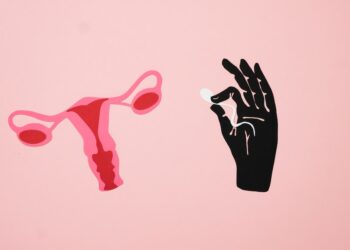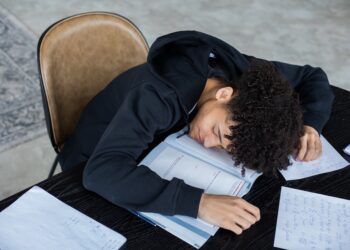Is falling asleep after eating a sign of diabetes? It is not uncommon to feel tired after eating a meal. But if you find yourself falling asleep soon after eating, it could be a sign of diabetes. When you have diabetes, your body cannot properly process sugar. This can cause your blood sugar levels to rise, which can lead to drowsiness. If you are constantly feeling tired after eating, it’s important to speak to your doctor.
There are other potential causes of fatigue after eating, such as not getting enough sleep or having an undiagnosed sleep disorder. But if you find that you’re consistently nodding off soon after meals, it’s worth getting checked out for diabetes.
What is diabetes?
Diabetes is a chronic condition that affects how your body metabolizes sugar. There are two main types of diabetes: type 1 and type 2. Type 1 diabetes, also known as juvenile diabetes or insulin-dependent diabetes, occurs when the body does not produce enough insulin. Type 2 diabetes, also known as adult-onset diabetes or non-insulin dependent diabetes, occurs when the body does not use insulin properly. Although type 1 diabetes starts in childhood, the disease usually isn t recognized until adulthood. Symptoms of diabetes Diabetes occurs when your body has too little or no insulin. Insulin is a hormone that helps blood sugar (glucose) enter cells for energy or storage.
Falling asleep after eating a sign of diabetes is most likely due to hypoglycemia, or low blood sugar levels. When you have diabetes, your body either doesn’t make enough insulin or can’t use it effectively. This causes sugar to build up in your blood instead of being used for energy. When blood sugar levels drop too low, you may experience symptoms like dizziness, confusion, and fatigue.
Is falling asleep after eating a sign of diabetes?
Falling asleep after eating is known as the postprandial somnolence. It is a normal phenomenon and not a sign of diabetes. However, if you have diabetes, you may experience postprandial somnolence more often than people without diabetes. The reason for this is because when you have diabetes, your body does not process glucose properly. When glucose isn’t processed properly, it can lead to fatigue and drowsiness. If you are experiencing postprandial somnolence more often than usual, it is important to speak with your doctor to rule out any other potential causes.
However, if you feel tired and sleepy all the time, it could be a sign of diabetes. If you have diabetes, your body cannot properly use insulin to convert glucose into energy. As a result, you may feel tired and sleepy all the time. If you have diabetes, it is important to see your doctor for proper treatment.
What are the symptoms of diabetes?
There are a few different symptoms of diabetes. They are as follows:
1. Increased Thirst and Urination: When blood sugar levels rise, the body tries to get rid of the excess sugar by flushing it out through increased urination. This can lead to dehydration, so you may feel thirsty more often than usual.
2. Fatigue: Diabetes can cause fatigue because your body isn’t able to properly use glucose for energy.
3. Blurred Vision: High blood sugar levels can cause the lens of your eye to swell, leading to blurred vision.
4. Slow-Healing Wounds: Diabetes can cause poor circulation, which in turn can slow down the healing process for cuts and bruises.
Does falling asleep after eating indicate diabetes?
There are many different old wives tales about what certain physical symptoms may mean for your health. One of these is that falling asleep after eating indicates diabetes. While this may be true for some people, it is not necessarily indicative of the condition.
There are a few things that could cause someone to feel tired after eating. If you have eaten a large meal, your body will need to work harder to digest it all and this can make you feel tired. If you have consumed a lot of sugary foods, your blood sugar may spike and then crash, leaving you feeling drained.
Of course, if you are constantly feeling tired after eating, it could be a sign of diabetes. This is because when you have diabetes, your body has difficulty processing sugar which can lead to fatigue.
A new study has found that people who fall asleep soon after eating are more likely to have diabetes. The research, which was conducted by scientists at the University of Tokyo, looked at the sleeping habits of nearly 2,000 people and found that those who fell asleep within 30 minutes of finishing a meal were twice as likely to have diabetes as those who didn’t.
The study’s lead author, Dr. Kenji Shibuya, said that the findings suggest that “postprandial somnolence,” or the tendency to fall asleep after eating, could be a sign of diabetes. He noted that previous studies have linked postprandial somnolence to an increased risk of obesity and cardiovascular disease, but this is the first study to specifically link it to diabetes.









